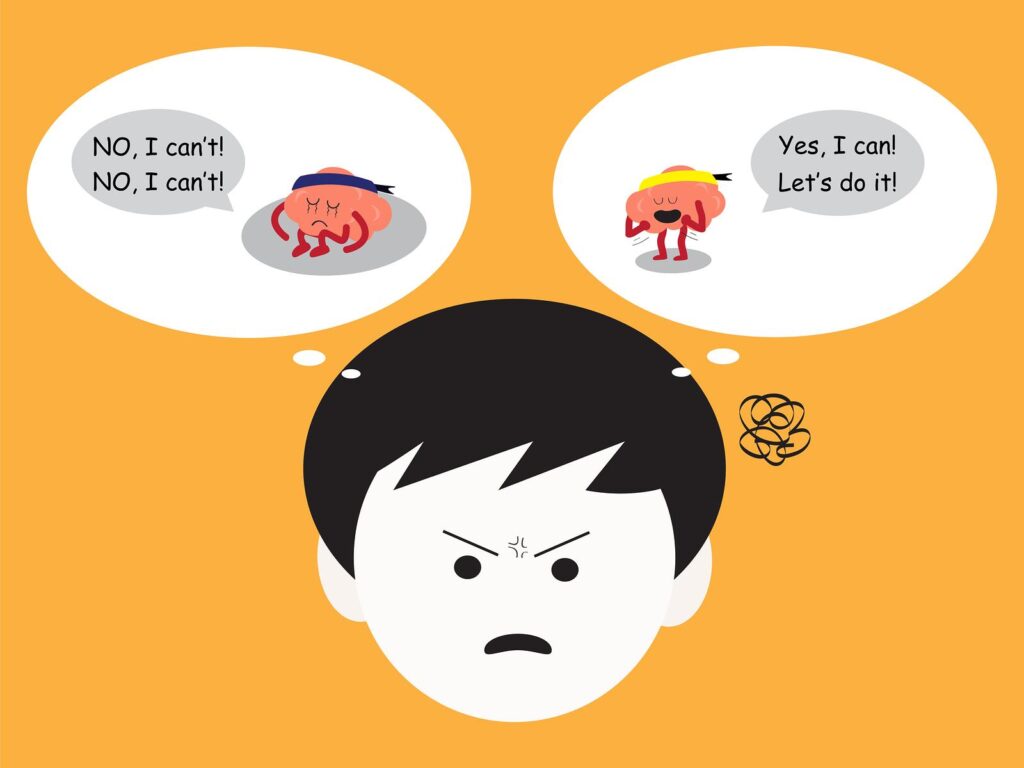Quiet Your Self-Talk for Better Golf Performance: A New Frontier in Mental Coaching
In the competitive world of golf, where each stroke can turn the tide of a tournament, athletes are increasingly turning to mental strategies to enhance their performance. Among these techniques, managing self-talk—those inner dialogues that can either motivate or undermine—has emerged as a key focal point for players seeking an edge on the green. Recent studies and expert opinions suggest that silencing negative self-talk not only improves concentration but also fosters a more positive mindset, leading to better performance on the course. As golfers of all levels grapple with the psychological demands of the sport, understanding and harnessing the power of self-talk could be the breakthrough they need to achieve their best game. This article explores the relationship between self-talk and golf performance, offering insights from sports psychologists and testimonials from seasoned players who have embraced this transformative approach.
Strategies to Overcome Negative Self-Talk and Enhance Focus on the Golf course
To combat negative self-talk on the golf course, players can implement several effective strategies. Mindfulness training has emerged as a powerful tool for golfers to anchor themselves in the present moment. This practice encourages individuals to acknowledge their thoughts and feelings without judgment, allowing them to let go of distractions. visualization techniques can also play a pivotal role; picturing a prosperous shot before taking it can replace self-doubt with confidence. Additionally, developing a pre-shot routine can help establish rhythm and calm nerves, providing structure when faced with anxious thoughts.
Another approach involves the use of positive affirmations to rewire the internal dialog that often plagues athletes.By replacing negative statements with constructive ones—such as “I am a skilled golfer” or “I trust my swing”—players can foster a more confident mindset. Engaging in physical exercises prior to a round can also alleviate tension and promote focus, as they boost endorphins and reduce anxiety.Moreover, maintaining a supportive network of fellow golfers or friends who encourage positive reinforcement can substantially impact one’s mental game, creating an surroundings where self-belief flourishes.
Mindfulness Techniques to Cultivate a Positive Mental Game and Improve Performance
To enhance your golf performance, adopting mindfulness techniques can play a pivotal role in calming the inner dialogue that frequently enough sabotages your game. Practicing deep breathing exercises before stepping up to the tee can help clear your mind and focus your energy. By taking a few deep, slow breaths, you can bring your attention to the present moment, diminishing distractions and negative thoughts.Additionally, incorporating visualization techniques allows golfers to mentally rehearse their swings and putts, reinforcing a positive mindset that translates to improved execution on the course.
Moreover,mindfulness can be further developed through meditative practice,which encourages golfers to become more aware of their thoughts and feelings without judgment. simple techniques such as body scans, where one systematically focuses on each part of the body from head to toe, can create a grounded sense of awareness that supports mental clarity and reduces performance anxiety. Developing a routine that includes these techniques can lead to a consistent advancement in your game as you harness your mental focus and pave the way for a more rewarding golfing experience.
Concluding Remarks
As golfers strive to enhance their performance both on and off the course, the importance of managing self-talk cannot be overstated. By quieting the inner dialogue that often leads to doubt, distraction, and anxiety, players can unlock their true potential and elevate their game. Techniques such as mindfulness, visualization, and positive affirmations have proven effective for athletes in various sports, and golf is no exception. As more players recognize the significant impact of self-talk on their performance, the sport could see a shift towards a more mentally resilient approach. In a landscape where precision and focus are paramount, fostering a positive mindset may very well be the key to success on the green. As the golfing community continues to evolve, it remains clear that mastering the mental game is just as crucial as perfecting one’s swing.








